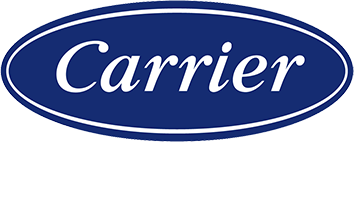Pros and Cons of Ductless Mini-Splits
Ductless mini-splits have become increasingly popular in recent years. They offer many benefits, such as energy efficiency and zoning capabilities, but they also have some drawbacks.
Here are some of the pros and cons of using a ductless mini-split system:
Pros:
- Energy Efficiency – Ductless mini-splits are very energy efficient. They use less energy than traditional heating and cooling systems, which can save you money on your utility bills.
- Zoning Capabilities – Ductless mini-splits allow you to zone your home, which means you can cool or heat only the areas of your home that you need to. This is a great feature if you live in a multi-story home because it allows you to have different temperatures on each floor.
- Flexibility – Ductless mini-splits are very flexible, meaning they can be used both indoors and outdoors. If you've ever wanted to take your air conditioner or heater outside for tailgating or camping, then this is the system for you!
- Portability – Mini-split systems are incredibly portable, which makes them great if you're renting an apartment or need to move frequently for work purposes. You can move your ductless mini-split around as much as you'd like without incurring any damage to the machine itself because there are no ducts that could potentially leak or break in transit.
- Quiet Operation – Ductless mini-split systems are some of the quietest heating and cooling systems on the market. They produce very little noise, so you won't be disturbed by them when they're running.
Cons:
- Installation Requirements – One downside of ductless mini-splits is that they require a professional installation. This can be costly, so it's something to keep in mind if you're considering purchasing one.
- Limited Space Options – Another downside to ductless mini-splits is that they can only be used in certain spaces. They need to be installed in an area where there is access to an electrical outlet and where the unit will have enough room to circulate air.
- High Initial Cost – Ductless mini-splits can be a bit pricey to install, so they may not be the best option if you're on a tight budget. However, they can save you money in the long run because of their energy efficiency.
- Maintenance Requirements – Like all heating and cooling systems, ductless mini-splits require regular maintenance to keep them running at their best. This includes cleaning the filters and checking the refrigerant levels.
Overall, ductless mini-splits offer many benefits, such as energy efficiency, zoning capabilities, and portability. They are a great option for those who are looking for an alternative to traditional heating and cooling systems. However, they do have some drawbacks related to their installation requirements and initial cost.







